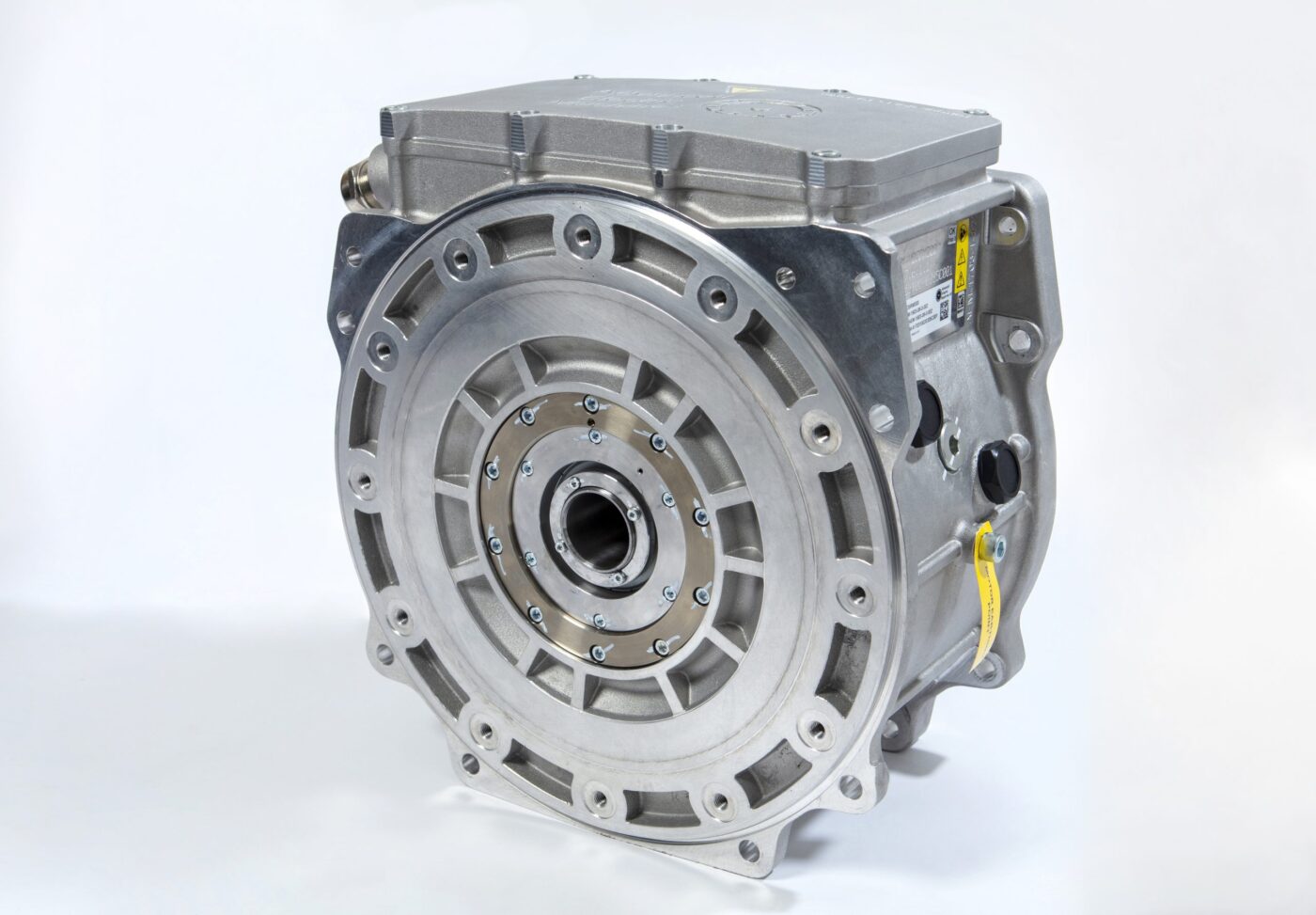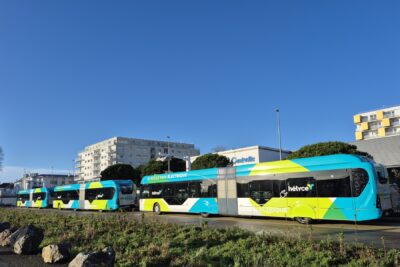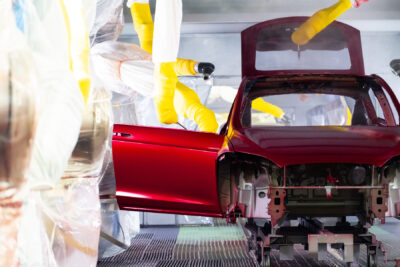Electric motors without rare earths: AEM secures development partnership
The British startup Advanced Electric Machines (AEM) has apparently reached a milestone, announcing that it has signed a development agreement with one of the world’s largest automotive suppliers. The agreement is said to be worth a seven-figure sum. The young company has not yet named its new partner, but the group is said to have an annual turnover of tens of billions of euros.
AEM emerged from Newcastle University in 2017 and specialises in electric motors without magnets, which means they do not require any rare earth elements. The powertrains of many electric vehicles contain critical raw materials such as neodymium or dysprosium, but the British company’s electric motors can be manufactured exclusively from harmless, recyclable and readily available materials such as steel or aluminium.
The company does not disclose the principle behind AEM’s electric motors. Although asynchronous motors and separately excited synchronous motors (e.g. from BMW) are also free of permanent magnets and rare earths, copper is still used. However, AEM says it wants to dispense with this too.
The supply of rare earths is not secure
The choice of materials brings several advantages – lower costs, less dependence on raw materials and reduced environmental damage. As AEM co-founder and CEO James Widmer points out, the extraction of rare earths is often associated with significant environmental impacts. This includes the release of radioactive residues. In some mining areas, entire swathes of land are also affected.
Another major problem is the dependence on China when it comes to the extraction and processing of rare earths. Especially in view of the tariff disputes between the People’s Republic and the USA, the supply of these materials to Western manufacturers is becoming increasingly uncertain. It is not only the automotive industry that needs these raw materials; they are also essential for the semiconductor and defence industries, as well as for the production of wind turbines.
The managing director is confident
Due to high demand, the Washington-based company is also advocating the complete elimination of rare earths from electric motors. AEM’s latest electric motor is tailored for use in passenger car models and is set to go into series production at the end of the decade, thanks to the new cooperation. The managing director claims that these motors will be superior to conventional permanent magnet motors in terms of performance.
Speaking to the British newspaper The Times, Widmer is emphatically confident: “We have millions of kilometres of use on our motors, which has proven that the technology works without the magnets, these rare earths. But it’s also actually proven that it outperforms what we’re replacing,” claims the co-founder.
In recent years, however, AEM has struggled with declining sales. In 2022, sales amounted to £5 million, but in the following year they slipped to £2.2 million, or the equivalent of around €2.5 million. Last year, it rose slightly again to £2.9 million (approx. €3.3 million), but at the same time, the company made significantly more losses, amounting to £8.3 million or around €9.6 million. This was partly due to the loss of one of its main customers, Tevva Electric Trucks, which meant that AEM had to write off its stock.
However, things seem to be looking up again for the British company. In addition to the development cooperation, Advanced Electric Machines recently acquired a major German manufacturer of commercial vehicle axles as a customer.
This article was first published by Elias Holdenried for electrive’s German edition.





0 Comments